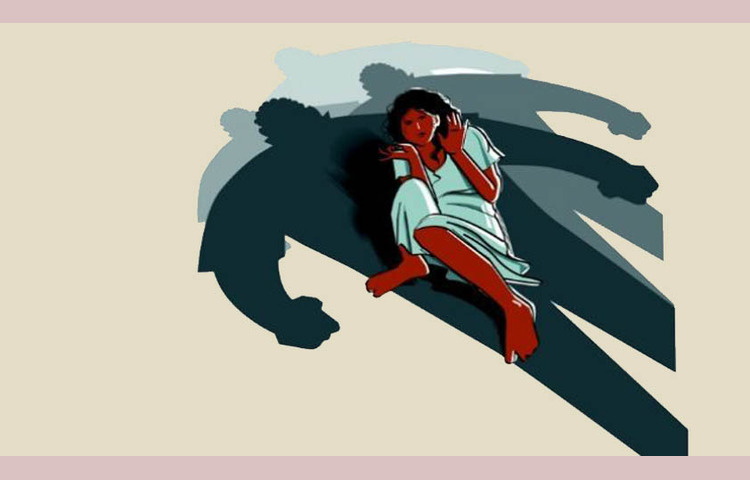“Kerala High Court Upholds Right to Legal Practice in POCSO Case Appeal”
May 29, 2024 2024-07-05 15:10“Kerala High Court Upholds Right to Legal Practice in POCSO Case Appeal”

“Kerala High Court Upholds Right to Legal Practice in POCSO Case Appeal”
By Shazia Siddiqui
In a recent ruling, the Kerala High Court addressed a critical issue concerning the right to practice law and the procedural requirements imposed on lawyers in criminal cases. The case in question involved proceedings under the Protection of Children from Sexual Offences Act, 2012 (POCSO Act), where the accused challenged certain directions given by the Fast Track Special Court (POCSO), Thrissur.
The petitioner, accused of multiple offenses, including under the Indian Penal Code (IPC), the POCSO Act, the Juvenile Justice (Care and Protection of Children) Act, 2015 (JJ Act), and the Scheduled Castes and Scheduled Tribes (Prevention of Atrocities) Act, 1989 (SC/ST Act), sought a certified copy of the victim’s statement recorded under Section 164 of the Criminal Procedure Code (CrPC). This request was made during the trial in the Fast Track Special Court. The Special Judge, however, imposed a condition that the petitioner’s lawyer file an affidavit ensuring that the statement would not be misused.
In the lower court, the Special Judge’s directive was seen as a precautionary measure to prevent potential misuse of sensitive information. The condition required the lawyer to affirm through an affidavit that the victim’s statement would be handled responsibly. This ruling was perceived by the petitioner as an unnecessary and prejudicial constraint on the legal practice, prompting an appeal to the Kerala High Court.
Upon review, the Kerala High Court overturned the Special Judge’s directive. The High Court highlighted that such a requirement infringes on the constitutional right of lawyers to practice their profession without undue interference. The Court emphasized that lawyers are inherently officers of the court, bound by ethical standards and legal responsibilities. It is assumed that they will perform their duties in accordance with the law, and there should not be a presumption of potential misconduct without solid grounds.
The High Court found that the Special Judge’s directive was baseless and unwarranted, stating that imposing conditions without any substantial foundation undermines the legal practice protected under Article 19(1)(g) of the Indian Constitution. This article guarantees the right to practice any profession, trade, or business, which includes the legal profession. The Court reasoned that a lawyer’s professional conduct should not be prejudged or restricted by hypothetical concerns.
The High Court made a significant observation regarding the rights of the accused and their counsel under the procedural laws. It reiterated that the accused are entitled to obtain certified copies of statements recorded under Section 164 CrPC, as mandated by Section 207 CrPC and supported by Section 31 of the POCSO Act. The ruling underscored that such documents should be readily accessible to ensure a fair trial and adequate preparation of the defense.
The High Court quashed the Special Judge’s directive, affirming that the petitioner’s lawyer should not be compelled to file an affidavit regarding the handling of the victim’s statement. The Court ordered that certified copies of the statements be issued promptly to the petitioner. This decision reinforces the notion that legal practitioners should be allowed to carry out their duties without undue procedural constraints, provided they adhere to their professional obligations and ethical standards.
The case was thus disposed of, setting a precedent that emphasizes the balance between safeguarding sensitive information and upholding the rights and duties of legal practitioners in the justice system.
Case Title: Chandra Mouli v. State of Kerala
Neutral Citation:2024:KER:34707
Click here to read/Download the judgement









